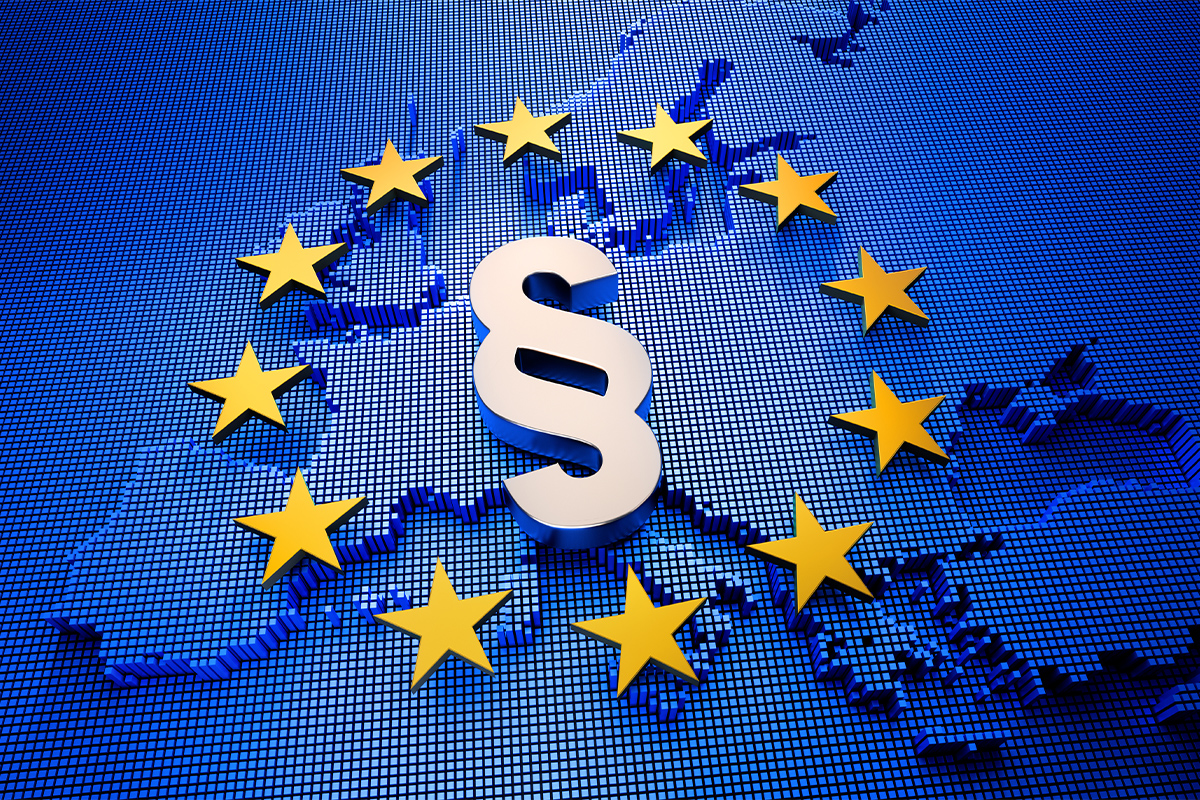EU AI Act: Global Game-Changer in AI Governance
The European Union’s proposed fundamental law on artificial intelligence (“AI Act”) represents a paradigm shift in global AI governance. It will be the world’s first comprehensive legislation regulating the development, deployment and use of AI systems and its impact extends far beyond the borders of the EU.
Far-reaching impact
The law will have an impact far beyond the borders of the EU. With its comprehensive scope, the AI Act will affect the entire AI supply chain. Consequently, all actors – from providers to deployers – will have to fulfill strict obligations. To this end, a risk-based classification system will be created that divides AI systems into prohibited, high-risk and low-risk categories. The obligations and penalties for non-compliance will then be adapted to the risk class.
Transparency requirements and technical documentation
The AI Act introduces specific rules for general-purpose AI (“GPAI”) models. Its focus is on transparency requirements and additional obligations for models that pose systemic risks. Therefore, the regulation raises the bar for providers by requiring transparency in AI interactions and prescribing detailed technical documentation. However, the law also recognises that AI technologies are constantly evolving. As such, definitions are aligned with international standards and future amendments to the law are facilitated. Companies will have to continuously monitor any changes following technological advancements.
Organisational preparations for the law
For companies, the AI Act requires proactive engagement and strategic planning to ensure compliance. This includes the essential steps for preparing the company for the requirements: auditing the AI system, mapping relevant processes, and understanding the applicable requirements of the law. The penalties for non-compliance can be severe as the Act includes significant fines and enforcement mechanisms through the European Office for Artificial Intelligence. This emphasises the importance of diligent compliance with the Act’s provisions.
Ultimately, the introduction of the AI Act represents a milestone in AI regulation. It strikes a balance between the requirement for innovation and the need to protect fundamental rights, democracy and environmental sustainability in an increasingly AI-driven world. See the text of the proposed AI Act here.
If you are interested in the topic of AI, you can find more information in the current white paper “Guide through the Artificial Intelligence Act” (in German only) from our Information Security team.



